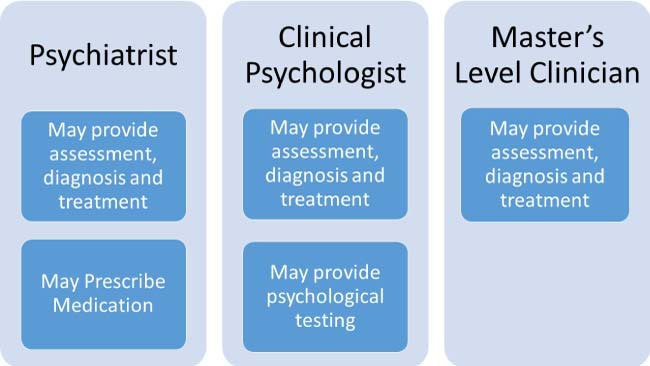Guide In Filing For Personal Injury Case: Where To Begin
Guide In Filing For Personal Injury Case: Where To Begin
Hello friends how are you all? Today we are going to talk about Guide In Filing For Personal Injury Case: Where To Begin. When a personal mishap in the form of an accident or injury occurs, it might feel as though you’re helpless to do anything about it. But you aren’t. And you shouldn’t be. As long as you understand the power you wield in filing for personal injury.
With expert tips from Davis, Saperstein & Salomon, here’s a guide to where and how you can start with filing for personal injury, and other FAQs.
Personal Injury Case Filing
1. Medical Treatment.
Once you get to your senses, immediately seek medical attention as soon as the accident occurs (or have bystanders and/ or friends and family assist you in getting said medical attention).
This doesn’t only have to do with ensuring that your condition is promptly addressed and that you’re given the aid you require at the moment. In the context of filing for injury, this has to do with being able to put it on record. Not being able to do so might have you unintentionally forgo of proper compensation. In short, this can be used against you.
How? The responsible party’s insurance agency/ representative will want to take their hands off the case. And using the fact that you did not go for immediate medical treatment is enough to have the ruling turned against you. They may insinuate that the purpose behind this is that your injuries aren’t severe enough to merit such treatment.
2. Personal Injury Attorney And Claim Set Up.
The second step is to go ahead and hire a personal injury attorney. Following this, have your attorney inform the responsible party (and their insurer) that you will be filing a claim against them. This happens in a professional (and a much less aggravated) manner so you won’t have to worry about stating this clearly to the liable party.
At the same time, accomplishing this early on will push your claim forward and allow it to be quickly settled. Be mindful of the time prescribed in the statutes of limitations for a personal injury claim in your area. Exceeding the deadline will render the claim null.
3. Information On Incurred Injuries.
Alongside continuing with your medical treatment, have sufficient information about the injury (or injuries) itself. Verbal confirmation isn’t enough. Now is when you need to ascertain that all your medical documentation is complete. Medical records, prescriptions, invoices, and more are to be filed and safeguarded.
Some even go as far as having their attending physician write a signed document echoing your conversation about said injuries and/ or damages.
4. Estimation.
It will be to your benefit that you ask for a rough estimate of the cost of the whole of the treatment concurrently, and any medication, return check-ups, therapy, and such, that will transpire after you check out of the medical facility.
You should also have an estimate drawn up for damages to your property or vehicle if these were involved in the accident. Your own insurance company can help you out with this as they’ll be able to get in touch with certain manufacturers and or suppliers of said assets.
Lost wages must be included as well. Contact your company’s HR to assist you with this task.
5. Settlement Vs. Trial.
If, after negotiations and letting your lawyer seek rightful compensation from the liable party, a settlement ensues, well and good. That is if both parties agree to an amount. However, should the other party not agree or respond to your claim, you can further the case and file for a personal injury case lawsuit.




